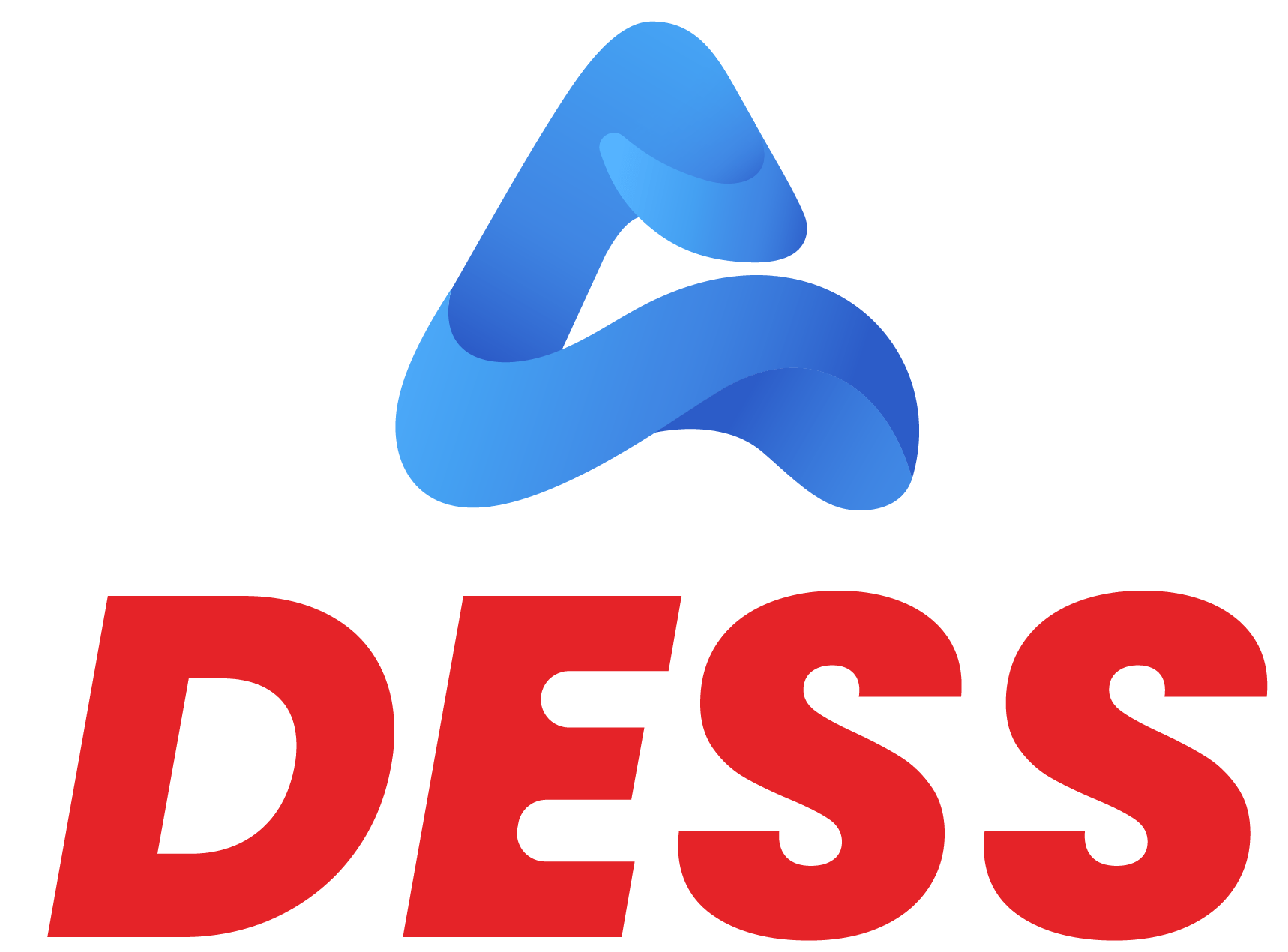Corporate governance is evolving rapidly, shaped by technological advancements, regulatory changes, and shifting stakeholder expectations. The boardroom of 2025 will be vastly different from today’s, requiring organizations to stay ahead of emerging trends. Here’s a detailed look at the key corporate governance trends that are expected to define 2025 and beyond.
1. Increased Digitalization of Governance Processes
Digital transformation is no longer a choice; it is a necessity. With the emergence of board governance software, boards are leveraging tools to streamline their operations. The software solutions allow for secure communication, real-time collaboration, and efficient document management. Features such as automated agenda creation, compliance tracking, and advanced analytics are becoming crucial for modern boards to stay proactive in decision-making.
2. Focus on ESG Integration
Environmental, Social, and Governance (ESG) considerations are becoming central to corporate strategies. Boards are increasingly tasked with integrating ESG principles into their decision-making processes. This involves measuring sustainability metrics, ensuring diversity in leadership, and fostering ethical business practices. Board governance software is instrumental in tracking and reporting ESG initiatives, ensuring transparency and accountability.
3. Enhanced Cybersecurity Measures
The dependence on digital platforms means that cybersecurity has become a new boardroom priority. With the sensitive information of boards, including board documents and discussions, being critical to protecting this data, robust governance frameworks today require secure data-sharing platforms, encrypted communications, and strict access controls. Data breaches are thus avoided because the software has built-in cybersecurity protocols.
4. Data-Driven Decision Making
The future of governance lies in leveraging big data and AI-driven insights. Boards are increasingly adopting tools that provide real-time analytics on financial performance, market trends, and operational metrics. By integrating these insights, boards can make informed decisions quickly, enhancing organizational agility and resilience.
5. Hybrid and Virtual Board Meetings
Hybrid and virtual board meetings are the new normal. Though the pandemic fast-tracked it, the advantages of reducing travel costs, increased attendance, and seamless collaboration ensure it stays for good. Tools for governance are being modified to support hybrid formats with features such as real-time voting, virtual breakout rooms, and secure meeting recording for post-meeting review.
6. Regulatory Compliance and Risk Management
Globalization and changing regulations demand that boards stay vigilant about compliance and risk management. Advanced board tools help monitor compliance deadlines, provide updates on regulatory changes, and automate routine governance tasks. This reduces manual intervention and ensures adherence to global standards.
7. Diversity and Inclusion in Governance
Diversity and inclusion are not just a matter of moral imperatives; they are actually catalysts for innovation and good judgment. Boards will come under intense pressure to reflect their constituencies’ diversity, with a renewed interest in tracking metrics related to diversity and fostering practices to bring about more inclusion within organizations.
8. Stakeholder-Centric Governance
The modern board is shifting its focus from shareholder primacy to stakeholder inclusivity. This involves actively engaging with employees, customers, suppliers, and communities. Transparent communication and decision-making processes that prioritize stakeholder interests will define governance in the coming years.
9. Performance Evaluation and Continuous Improvement
Regular performance evaluations of board members and leadership are becoming more structured and data-driven. Tools that offer anonymous feedback, performance analytics, and benchmarking are helping boards continuously improve.
The Role of Technology in Driving Governance Trends
Technology is the backbone of these emerging trends. Advanced board governance software makes complex tasks easier, promotes collaboration, and ensures compliance with the evolving standards of governance. Through such tools, organizations can future-proof their governance processes, thus making them more agile and resilient.
Conclusion
As the landscape of corporate governance continues to evolve, adopting modern tools and practices is critical for staying competitive. Dess Digital Meetings offers comprehensive solutions tailored to the needs of forward-thinking boards.
From agenda management to secure collaboration, Dess empowers organizations to navigate the complexities of governance with confidence. By integrating board governance software, Dess is helping businesses prepare for the future of governance, ensuring they remain agile and accountable in a rapidly changing world.



